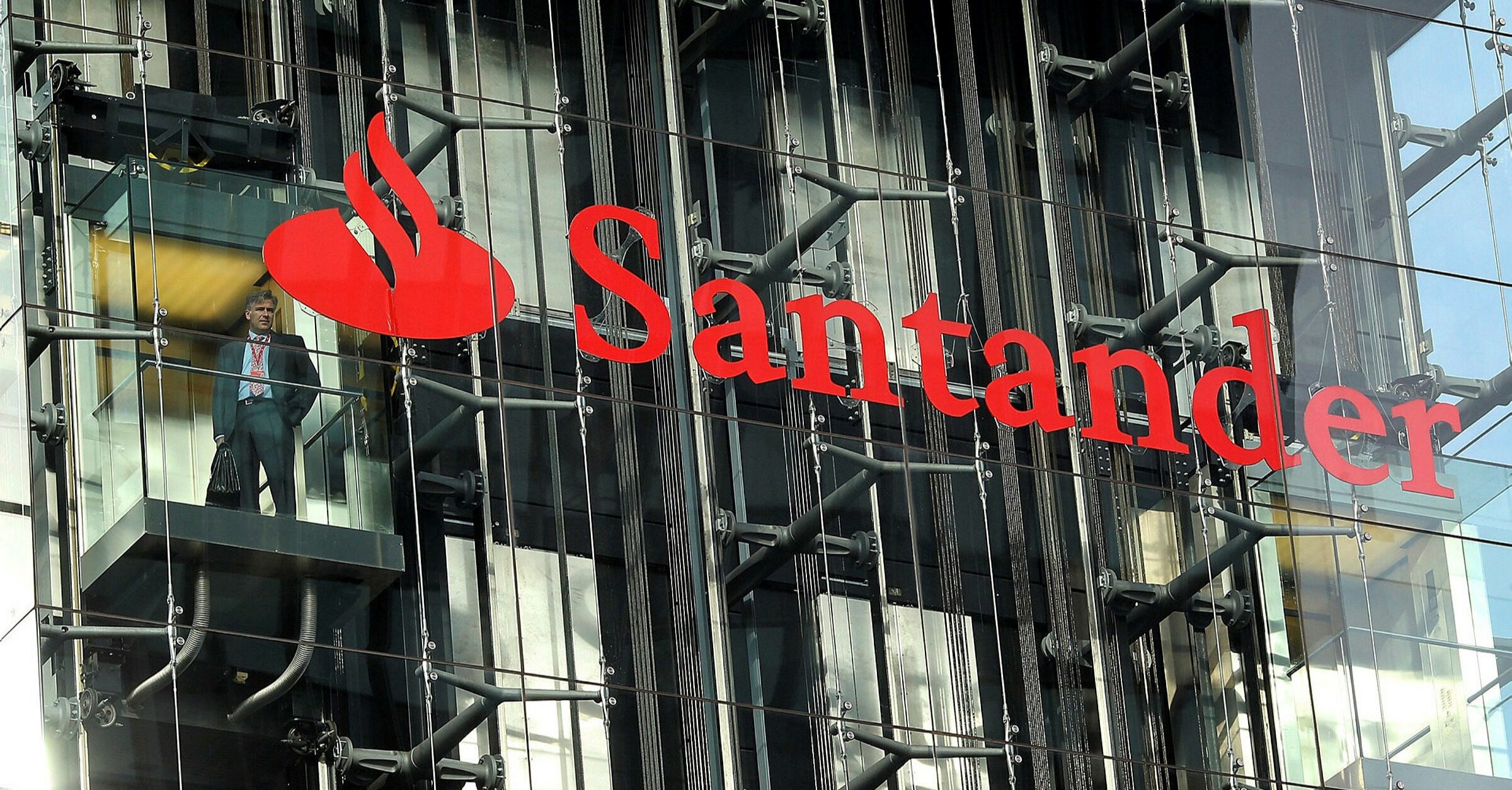With the active support of Eurojust and Europol, a coordinated action has led to the dismantling of a cryptocurrency fraud network operating from Bulgaria, Cyprus and Serbia. The network operated professionally to set up call centres, which defrauded numerous victims in Germany, Switzerland, Austria, Australia and Canada for at least tens of millions of euros. Four call centres and 18 places were searched, and over 250 workplaces were identified in Serbia, Bulgaria, Cyprus and Germany. Fourteen persons were arrested in Serbia and one in Germany. Overall, more than 250 persons were interviewed and over 150 computers, various electronic equipment and data back-ups, three cars, two luxury apartments and one million US dollars in cryptocurrencies and 50 000 EUR in cash were seized. Continue reading…
Gone are the days when organisations could simply promise a speak up culture. Today, fostering a culture of trust, integrity, and a positive work environment…
Download whitepaper









